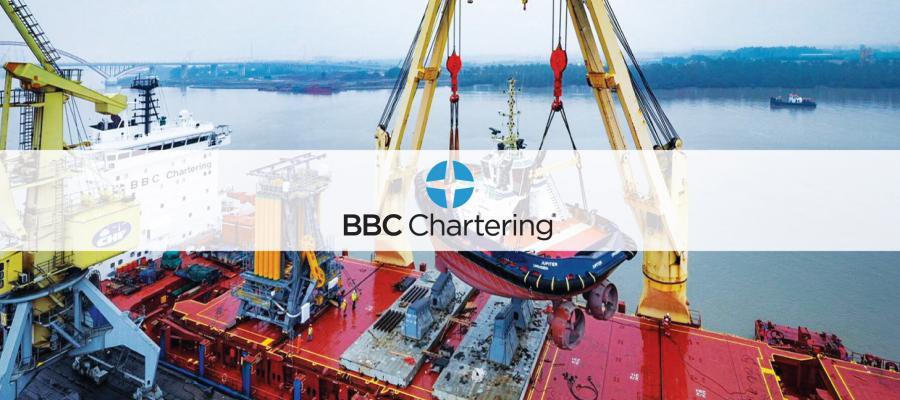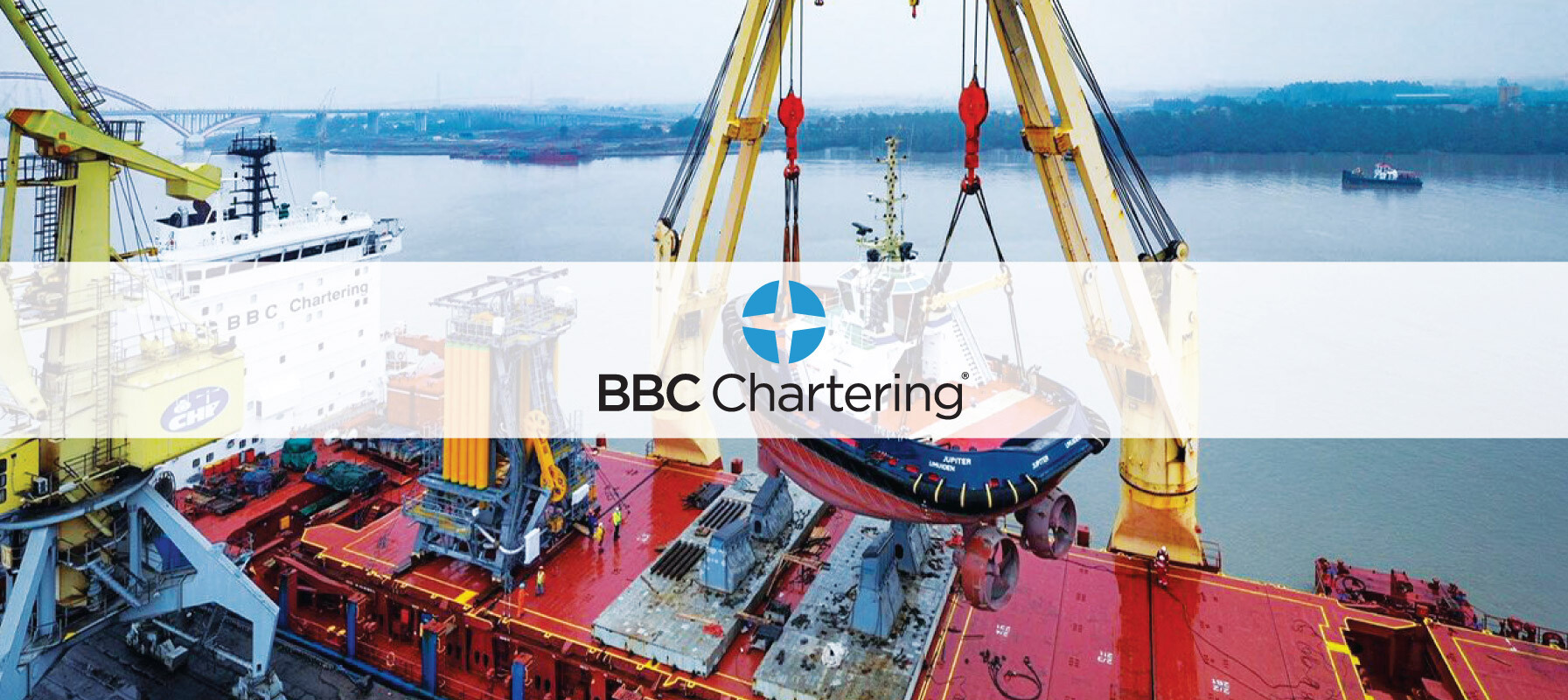Interview with
Mr. Ulrich Ulrichs
CEO

First of all, Mr. Ulrichs, could you tell our readers a little about your own career in shipping? Your name is known to me from the days of Rickmers Line, among others, but I believe that your career in shipping spans several decades.
‘Decades’… I start to feel old… My father came from a small island in the North Sea, Baltrum, and was a Master Mariner and surveyor in the Port of Hamburg.
So, I grew up ‘around’ ships, and after one year in the German Navy, I studied Shipping Economics and Port Management at the Oldenburg Polytechnic in Germany and the University of Plymouth in the U.K.
My shipping career started in the Operations Department of the container carrier Hanjin Shipping in Hamburg. After two years, I joined Austral Asia Line / Schoeller Group and was Chief Representative for AAL in China / Shanghai for two years before moving to the AAL Headquarters (at that time) in Brisbane where I held various positions: Commercial Manager, Line Manager and Managing Director.
After four years I left AAL and joined Rickmers Line back in Hamburg at the end of 2005, initially heading the line management department before becoming Managing Director and CEO. Finally, I joined BBC Chartering in May 2019.
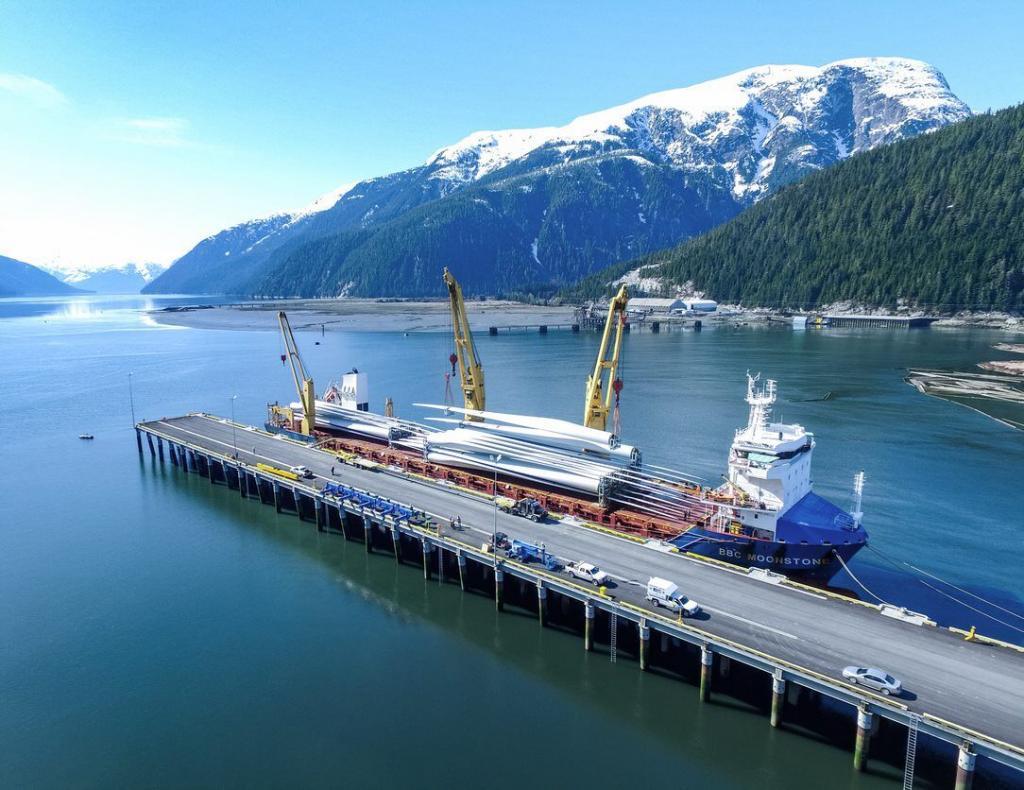
Could you elaborate on the history of BBC Chartering? Although I believe many readers of this newsletter would know about BBC, it sometimes makes sense to look back into the history in order for newcomers to shipping to understand more. Who owns the vessels of BBC Chartering, and how is the company structured?”
BBC Chartering was founded in 1997 in Bremen by the Owners / Operators Briese and B. Bischoff. In 1999, Briese took over 100% of the shares and moved the office to Leer, the home base of the Briese Group.
From then on, BBC Chartering expanded from a regional player operating a handful of ships to a ‘global player’ who now operates 150 ships world-wide, managed by more than 300 employees based in 30 offices.
BBC Chartering is 100% owned by the Briese Group and the Briese family. About half of the vessels operated by BBC Chartering are owned or controlled by the Briese Group; the other half is chartered from third party owners based all over the world.
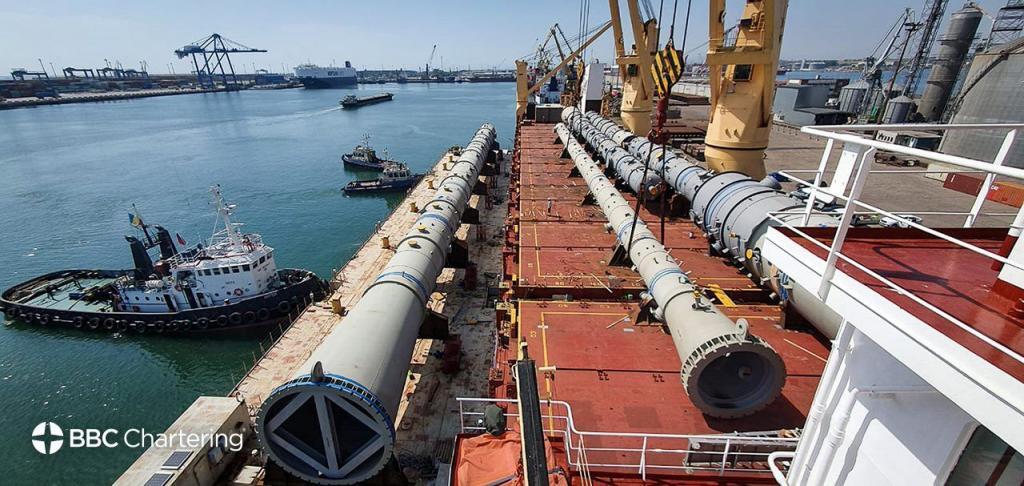
These days, shipowners wish to be freight forwarders and freight forwarders wish to be shipowners—at least we have seen examples to this effect. What is the policy of BBC Chartering? Say that the shipper asks for a rate directly from BBC and at the same time asks via a freight forwarder. Would you quote the same in this case?
Yes. There are pros and cons working cargoes directly with shippers or via forwarders, but the freight rate should not be why shippers decide for either channel.
At this stage, we have no intention to ‘become’ a freight forwarder as well, but if clients ask us to provide extra services beyond the port to port transportation, we can offer tailor-made solutions together with partners.
What are the strengths of BBC Chartering?
BBC Chartering has the market coverage to work ‘any port, any cargo’ (our ‘APAC service’).
We have the economies of scale due to our 150 ships world-wide and fleet diversity (4,000t dtw to 30,000 dtw vessel and crane capacity of up to 800mt combined) to match the service requirements of our clients and provide the flexibility they need.
We have highly skilled and experienced employees based in 30 offices, being close to all key markets, and having very close relationships with clients in those markets and countries.
BBC Chartering is family-owned, with the shareholders being involved in the business, which gives us flexibility and speed to make quick and swift decisions with regards to any major topics. Furthermore, the Briese family continues to invest in the business, for example in newbuildings.
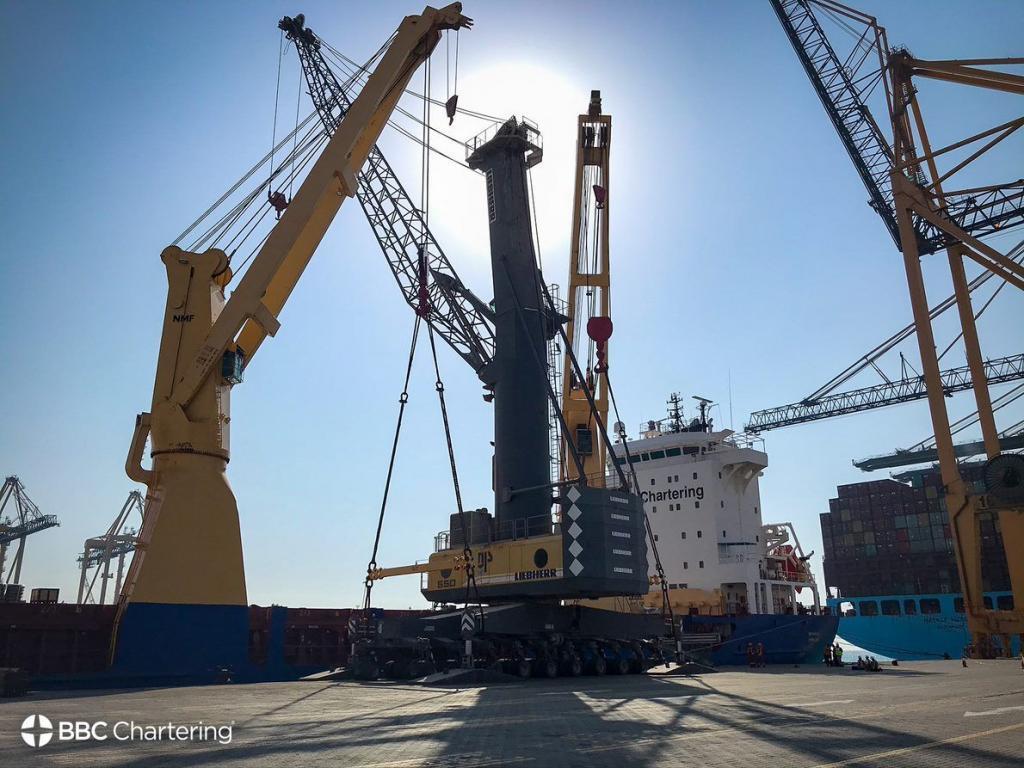
Are you working together with other h/l carriers worldwide or do you work with your own controlled fleet only?
We have no ‘fixed’ cooperation with any other carrier, but we will certainly consider working with them for specific projects or cargoes if cooperation can service the clients better. We have a Vessel Sharing Agreement in place with Seaboard Marine for a service from the U.S. to the South America West Coast.
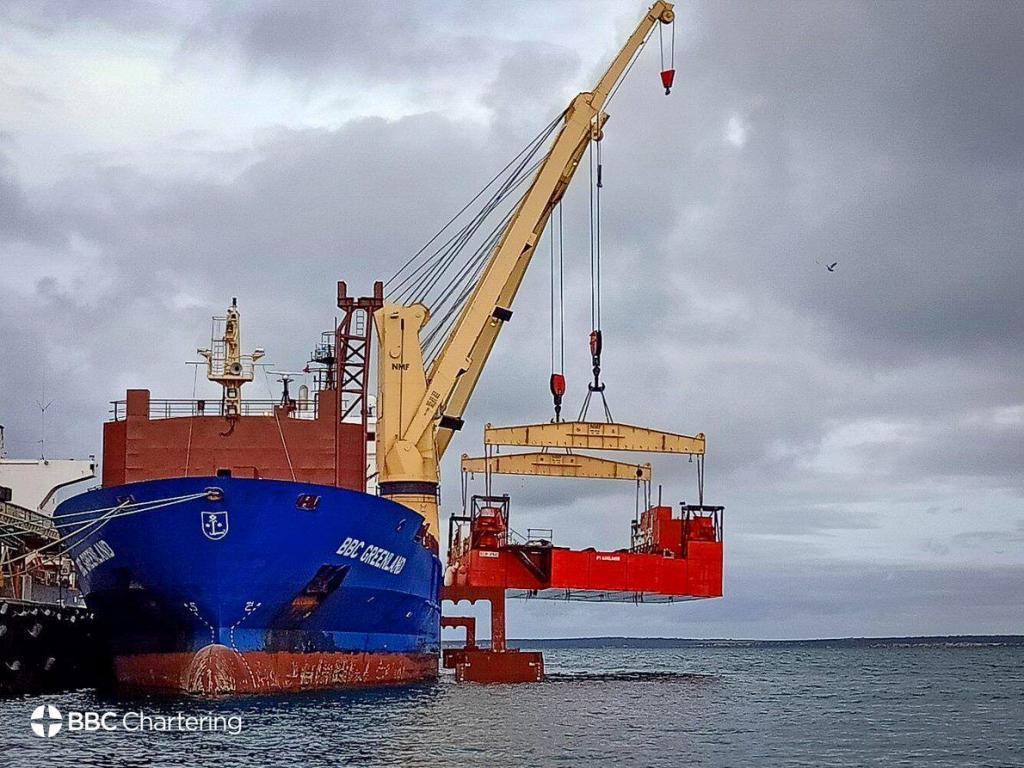
COVID-19 is here and as far as one can judge, still for months to come. Has it affected the business of BBC Chartering?
Yes, of course. The initial effects were uncertainties about the health of our employees and crew on board, cargo production delays, port closures, moving all staff into home office, etc.
Furthermore, the COVID crisis put even more pressure on freight rates and cargo volumes. However, we also had the positive effect of reduced bunker prices to offset some of the negative factors. Today, most of the issues are under control, and we have adjusted to the ‘new normal’.
Do you run any liner or semi-liner services currently with fixed or very regular departures for special areas of the world?
Yes, we run various semi-liner services, mainly from the U.S. and Europe to the East and West Coast of South America. We also serve most of the East–West and West–East trades and Asia-Australia on an at least monthly basis. We also have various regular services to Russia, including inner-waterways / rivers utilizing pontoons and barges.
Our readers are located worldwide. Whom should they approach for a quote and more information about BBC Chartering if located in: North Asia, SE Asia, Middle East, Europe, North America, Africa?
Any BBC Chartering office will be able to assist and answer inquiries. In general, we have decentralized our chartering activities and our regional Chartering Hubs are responsible for all sailings ‘outbound’ from their region.
In Asia, our hub is in Singapore; in the Middle-East it is Dubai; for Northern Europe it is Leer; the Med and Africa are controlled in Genoa; Houston handles the U.S., the hub for the East Coast of South America is in Rio de Janeiro, and Lima handles the West Coast of South America.
How do you view the future of heavylift shipping?
We are optimistic about the future. The global MPP / Heavy-lift fleet is stable, if not even slightly shrinking, and we believe that the demand will start to come back as from 2021, driven by renewable energy-related cargo volumes but also delayed oil & gas and mining projects.
BBC Chartering and its parent, the Briese Group are willing and able to invest again in new vessels. We have taken delivery of two F500 newbuildings this year, four additional F500 will be delivered in second half 2021, and we are optimizing and advancing ship designs to place additional newbuilding orders in the future to maintain our fleet size and market share in the years to come.
How can you be reached by our readers in case of need?
https://www.bbc-chartering.com/informations/contact/europe/leer-hq.html


